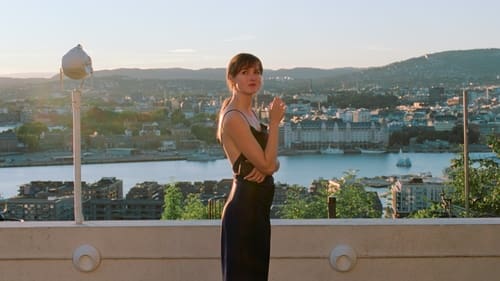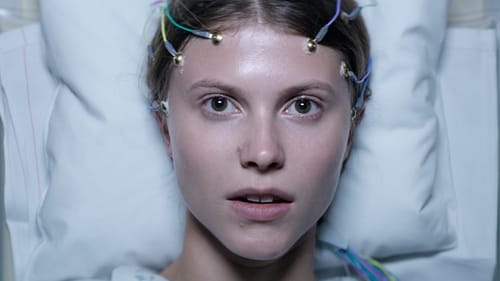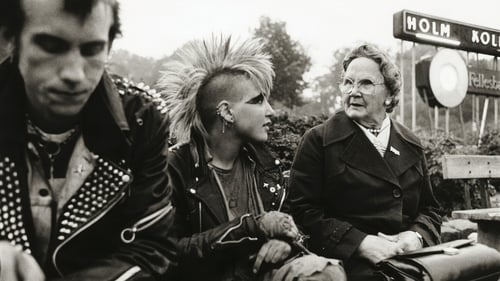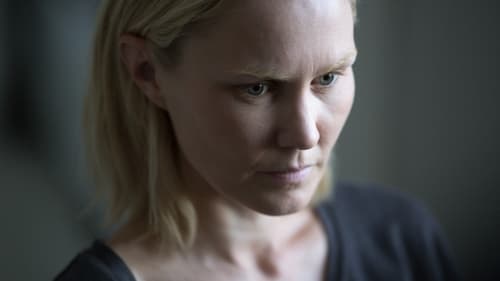
Director
新世代映像作家、ヨアキム・トリアー監督が放つ北欧発のラブ・ストーリー。自分が輝ける道が見いだせないでいるヒロインが、紛れ込んだパーティで魅力的な若者に出会い、新たな恋の勢いで人生を輝かせようとする。

Additional Music
A college student starts to experience extreme seizures. She soon learns that the violent episodes are a symptom of inexplicable abilities.

Self
A documentary following Norwegian punk, new wave, post punk and hardcore music from 1977 to 2015.

Original Music Composer
Former childhood friends Christian and Erland, now in their late 20s, are confronted with their own adolescence as they go searching for Christian's estranged little brother in a scene they're not familiar with - contemporary youth culture.

Music
Having recently lost her sight, Ingrid retreats to the safety of her home—a place where she can feel in control, alone with her husband and her thoughts. After a while, Ingrid starts to feel the presence of her husband in the flat when he is supposed to be at work. At the same time, her lonely neighbor who has grown tired of even the most extreme pornography shifts his attention to a woman across the street. Ingrid knows about this but her real problems lie within, not beyond the walls of her apartment, and her deepest fears and repressed fantasies soon take over.

Music Consultant
One day in the life of Anders, a young recovering drug addict, who takes a brief leave from his treatment center to interview for a job and catch up with old friends in Oslo.

Original Music Composer
One day in the life of Anders, a young recovering drug addict, who takes a brief leave from his treatment center to interview for a job and catch up with old friends in Oslo.

Himself
From 1978 to 1989 skateboarding was illegal in Norway, as the only country in the world it was not legal to sell, buy or use skateboard in this period. The film follows two generations of skaters - from the underground culture in the late 70s, with skating on secret locations in the forest around Oslo, to the commercial explosion when skating was legalized in 1989. The film says something about the Norwegian governments overprotective policy, but it also shows the paradox of how the prohibition led to a unique and creative environment.







